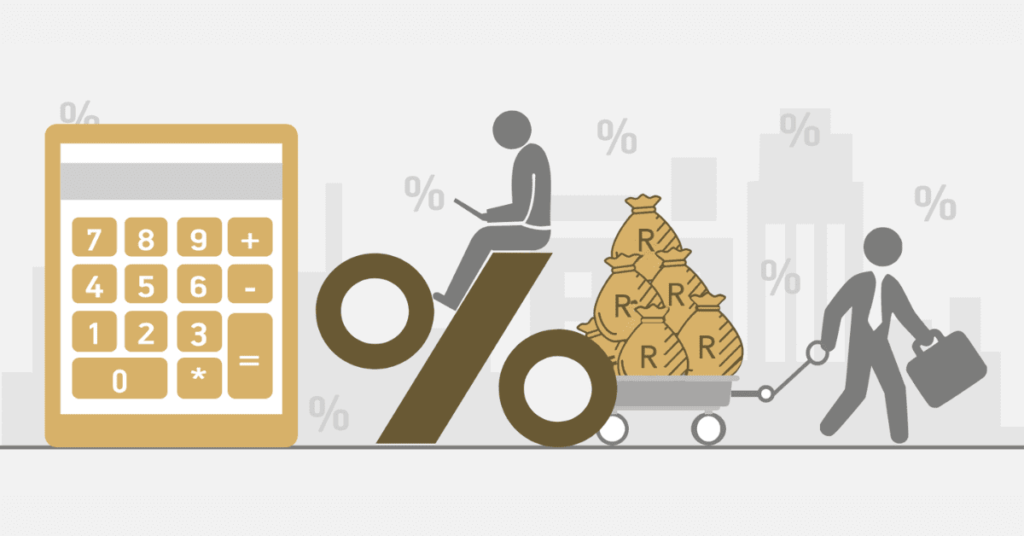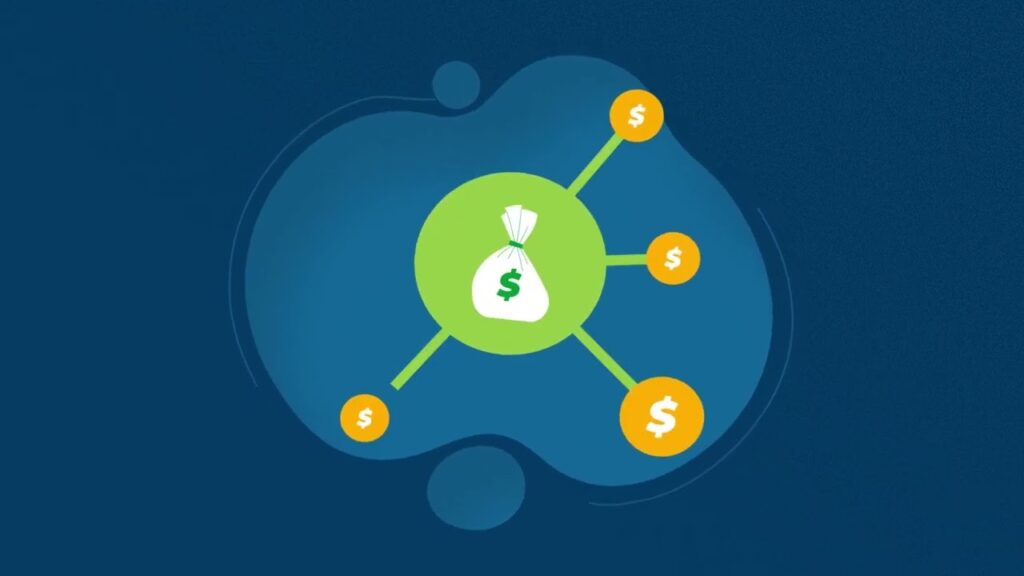
How to Get Personal Credit with Lower Interest Rates
Securing personal credit with lower interest rates can significantly ease your financial burden, especially when it comes to long-term loans or credit card debts. Lower interest rates mean lower monthly payments and less money paid over the life of a loan. This guide will provide practical steps to achieve more favorable rates on your credit, using SEO-optimized content for better organic traffic and concluding with a helpful FAQ section. Understanding Interest Rates Interest rates on personal credit are influenced by several factors including your credit score, income stability, debt-to-income ratio, and the lender’s policies. Knowing how these factors interplay can help you secure lower rates. SEO Keywords: personal loan interest rates, how interest rates are determined, credit score impact on rates Step 1: Improve Your Credit Score Your credit score is perhaps the most crucial factor in determining the interest rates you receive. A higher credit score suggests to lenders










